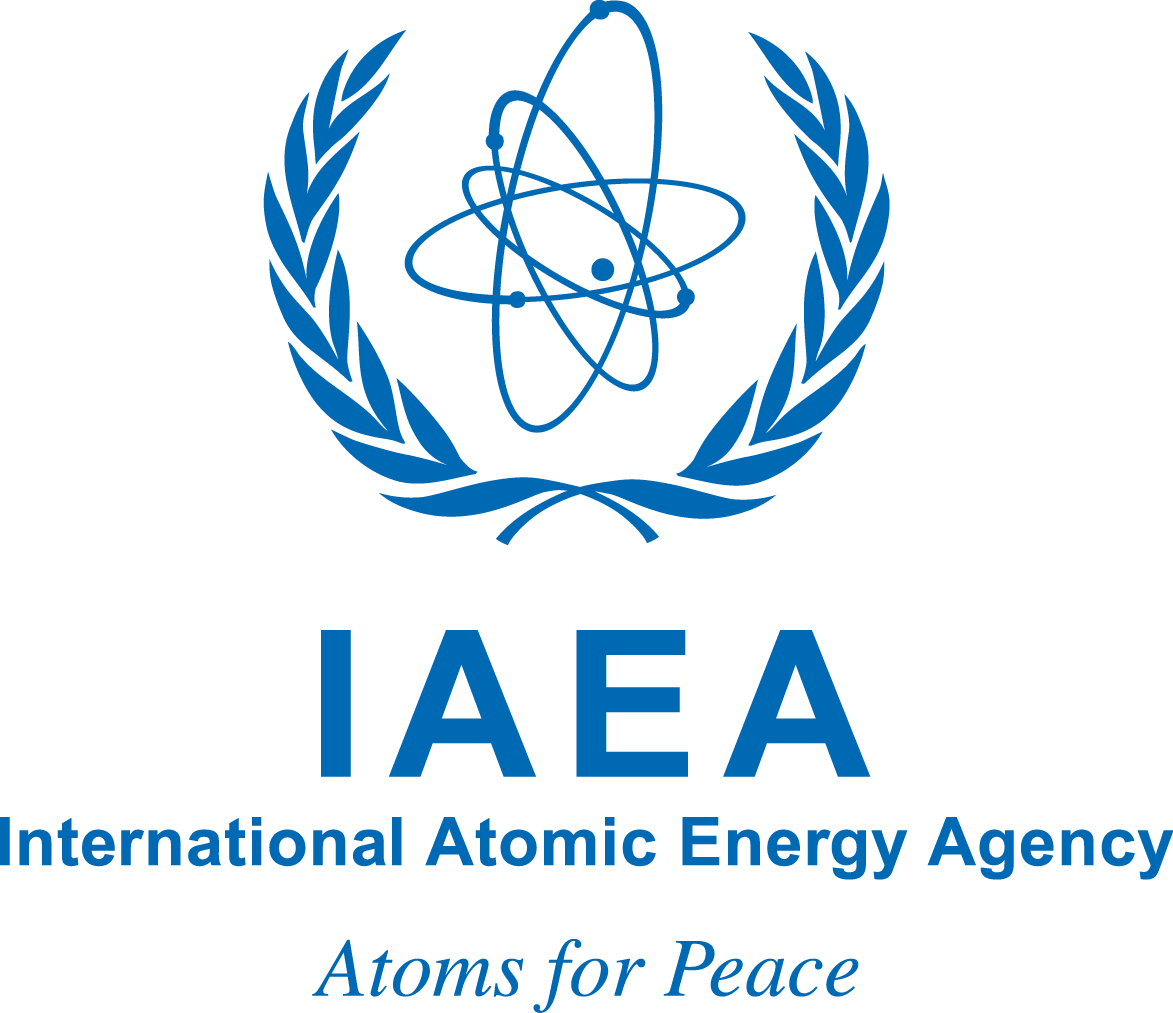I write this blog on nuclear issues every day. I also write a blog on space at spacereport.com every week. Currently I am considering assisting in the creation of a blog about the Covid-19 virus. With all the problems in the world today, the Covid-19 virus is looming larger and larger. It will have a huge impact on human society. Many companies and governments are scrambling to develop testing, treatment and vaccines to deal with the virus. I have mentioned the use of nuclear technology and materials in medicine before in this blog. Now nuclear medicine is being applied to the Covid-19 virus.
Mariano Grossi is Director General of the International Atomic Energy Agency. He recently told the IAEA board of Governors “The Agency takes pride in its ability to respond quickly to crises, as we did in the recent past with the Ebola, Zika and African Swine Fever viruses. Contributing to international efforts to deal with the coronavirus will remain a priority for me as long as the outbreak persists.”
The IAEA will make diagnostic kits, equipment and training in nuclear-derived detection techniques available to nations asking for assistance in dealing with the worldwide threat of the Covid-19 virus. Fourteen counties in Africa, Asia, Latin America and the Caribbean have contacted the IAEA and asked for help in the use of a diagnostic technique called Real Time Reverse Transcriptase Polymerase Chain Reaction (RT-PCR). This procedure can help detect and identify Covid-19 accurately within hours in human beings as well as any animals that may host the virus.
The Joint IAEA/Food Agriculture Organization of the United Nations Animal Production and Health Laboratory in Seibersdorf, Austria, will launch the first training course in RT-CPR in two weeks. The course will include medical and veterinary experts from Cambodia, Republic of Congo, Cote d´Ivoire, Ethiopia, Kenya, Madagascar, Malaysia, Mongolia, Philippines, Sri Lanka, Thailand and Viet Nam according to the IAEA. There will be additional regional courses for other countries including those in Latin America and the Caribbean.
Participants in the training courses will be educated in biosafety and biosecurity techniques to protect the veterinary and health workers during sampling and analysis in order to prevent external contamination and transmission. As part of the course, the health workers will be provided with personal protection equipment, specific diagnostic reagents and laboratory consumables. Addition equipment such as biosafety cabinets and RT-PRC devices will be given to national laboratories.
Veterinary experts are being included in the training in order to provide participant countries with early detection of viruses that cause zoonotic diseases. These are diseases that start in animals and transfer to humans. They will be trained to test domestic and wild animals that have been identified as being involved in the transmission of coronaviruses such as the virus that causes Covid-19 as well as SARS and Middle East Respiratory Syndrome.
The IAEA technical program supports the peaceful application of nuclear technology in areas of concern such as human and animal health. This program of the IAEA is delivering assistance to countries attacking the Covid-19 outbreak and is funded through the IAEA Peaceful Uses Initiative.
